In an era where technology constantly intersects with daily life, gaming is undergoing a revolutionary transformation thanks to the advent of blockchain technology. This new gaming paradigm is not just changing how games are played but also how value is generated and exchanged within digital ecosystems.
What Are Blockchain Games?
At its core, blockchain gaming represents an innovative fusion of traditional gaming with cutting-edge blockchain technology. This combination promises to revolutionize the gaming experience by decentralizing it, thereby giving players unprecedented control over their in-game assets and actions. Unlike traditional games, where developers hold all the cards, blockchain gaming shifts the power balance to the players.
Definition of Blockchain Games
Blockchain games, which are also commonly referred to as crypto games or NFT (Non-Fungible Token) games, are video games that incorporate the principles of blockchain technology. By integrating this technology, these games allow for the tokenization of game assets, making it possible for players to own, buy, sell, and trade these assets in a secure and verifiable manner on the blockchain. This not only adds a layer of security but also introduces a new economic dimension to the gaming world.
Evolution of Gaming with Blockchain Technology
The evolution of gaming through the lens of blockchain technology marks a pivotal departure from the traditional gaming model. Historically, in conventional video games, everything from assets to player progress is tightly controlled by the game’s developers and stored on centralized servers. This setup places significant limits on the player’s autonomy and involvement in the game world.
In contrast, blockchain games challenge this status quo by decentralizing the control and distribution of in-game assets. This means that players can have actual ownership of their digital items, akin to physical possessions, verifiable through the blockchain. Furthermore, this technology enables a transparent and secure way to trade or sell these assets outside the game on various marketplaces.
Moreover, blockchain games often incorporate elements of player governance, allowing the community to have a voice in the development and decision-making processes of the game. This participatory approach can lead to more dynamic and evolving gameplay experiences, as the game can grow and change according to the desires and feedback of its player base.
The progression toward blockchain gaming is a significant leap forward, indicating a future where games are more than just forms of entertainment but also platforms for secure, decentralized, and community-driven ecosystems.
How Blockchain Games Work
Delving into the mechanics of blockchain games reveals why they are becoming increasingly popular among gamers and investors alike.
Integration of Blockchain in Games
Blockchain technology revolutionizes gaming by tokenizing game assets such as characters, items, and currencies as non-fungible tokens (NFTs) or cryptocurrencies. These digital assets are recorded on a blockchain, a decentralized and secure ledger that meticulously tracks the ownership and transaction history of each item. This integration not only ensures transparency and security but also allows for true ownership of in-game assets by players, a concept previously unattainable in traditional gaming ecosystems.
Use of Cryptocurrencies and NFTs
In the realm of blockchain games, cryptocurrencies often serve as the primary medium of exchange, facilitating the buying, selling, or trading of in-game assets in a manner that is both secure and transparent. The use of digital currencies removes many of the barriers present in traditional financial systems, such as high fees and slow transaction times. Meanwhile, NFTs represent unique, one-of-a-kind in-game assets, which can range from simple cosmetic items to entire characters or plots of virtual land. These NFTs can be owned outright by players, traded on various platforms, or even used across different games, providing a level of interoperability and flexibility previously unseen. This unique use of cryptocurrencies and NFTs not only enhances the gaming experience but also adds a layer of financial investment and possibility, attracting a new wave of gamers interested in both the play and potential profit.
Key Features of Blockchain Games
The revolutionary features of blockchain games significantly differentiate them from traditional video gaming, providing an entirely unique and immersive gaming experience that caters to the modern player’s desire for ownership, security, and potential financial gain.
Ownership and Trade of Digital Assets
In traditional gaming environments, players often accumulate in-game assets without actual ownership. Blockchain technology transforms this paradigm by granting players true ownership of their in-game items—such as skins, weapons, and even virtual land. These assets are recorded on the blockchain, ensuring their uniqueness and ownership, which can be traded with other players or sold in exchange for real-world currency. This groundbreaking approach has birthed a vibrant new economy within the gaming sphere, where in-game assets hold tangible value beyond the digital world.
Transparency and Security
One of the most significant advantages of blockchain in gaming is its decentralized architecture. This ensures that all transactions, whether they’re trades between players or game-related transactions, are transparent, secure, and immutable. As a result, the issues of fraud, cheating, and unauthorized duplications that have plagued the traditional gaming industry are greatly minimized. Players can engage in a fair and transparent gaming ecosystem, where trust is built into the system rather than having to be established between parties.
Play-to-Earn Model
Whereas traditional games often operate on a pay-to-play or pay-for-advantages model, many blockchain games innovate with a play-to-earn model. This model enables players to earn real money or cryptocurrencies through their activities and achievements within the game. For some, this has not only made gaming more exciting and rewarding but has also opened up opportunities for earning a livelihood through skilled gameplay and strategic trading of in-game assets. The play-to-earn model represents a paradigm shift in gaming economics, offering players financial incentives that go well beyond the virtual achievements of traditional games.
By intertwining the technological prowess of blockchain with the dynamic world of video games, developers are not only enhancing the gaming experience but are also creating a new frontier for digital economies, security, and ownership. This innovative blend promises to redefine what it means to play and profit in the digital age.
Popular Blockchain Games
Games like Axie Infinity, Decentraland, and Cryptokitties have become flagship examples of successful blockchain games, showcasing the potential of this new gaming model. These games have already generated significant revenue and user engagement, attracting mainstream attention to the world of blockchain gaming.
The landscape of blockchain gaming is vast and varied, offering something for everyone. Here’s a look at 10 popular blockchain games, each bringing something unique to the digital table:
- Axie Infinity – A digital pet universe where players breed, raise, battle, and trade fantasy creatures called Axies. Visit Axie Infinity
- Decentraland – A decentralized virtual reality platform powered by the Ethereum blockchain, allowing users to create, experience, and monetize content and applications. Visit Decentraland
- CryptoKitties – One of the first blockchain games to gain significant popularity, this game involves breeding, collecting, and selling virtual cats. Visit CryptoKitties
- The Sandbox – A community-driven platform where creators can monetize voxel assets and gaming experiences on the blockchain. Visit The Sandbox
- Alien Worlds – An NFT DeFi metaverse where players compete using unique NFTs to explore other planets, mine Trilium tokens, and engage in battles. Visit Alien Worlds
- Splinterlands – A digital collectible card game that lets players earn as they play, trading and battling with other players using blockchain technology. Visit Splinterlands
- My Neighbor Alice – A multiplayer builder game, where anyone can buy and own virtual islands, collect and build exciting items and meet new friends. Visit My Neighbor Alice
- Illuvium – An open-world RPG adventure game built on the Ethereum network offering a detailed environment and complex creature design. Visit Illuvium
- Lightnite – A battle royale game with Bitcoin microtransaction rewards that offers a unique, real value economic system. Visit Lightnite
- Sorare – A global fantasy football (soccer) league where you can own, trade, and compete with officially licensed digital cards.
These games not only showcase the potential of blockchain technology in gaming but also offer innovative ways for players to engage with digital worlds, own their in-game assets, and even earn real-world value through gameplay.
Challenges Facing Blockchain Games
While promising, blockchain games are not without their challenges, presenting both opportunities and obstacles in the realm of digital entertainment.
Scalability Issues
Blockchain networks, especially those hosting popular games, frequently become congested, leading to notably slow transaction times and elevated fees. This congestion is primarily because each transaction, no matter how small, must be verified and recorded on the blockchain, a process that can become time-consuming as the number of users increases. As a result, the user experience can significantly deteriorate during peak times, impacting the overall enjoyment and playability of the game.
Regulatory Hurdles
The unique integration of real-world value and cryptocurrency within gaming has not only piqued the interest of players but also attracted the scrutiny of regulators across the globe. This emerging intersection of finance and entertainment creates a complex legal landscape that developers and players must navigate. Developers face the challenge of ensuring their games comply with varying international laws regarding digital assets, anti-money laundering standards, and consumer protection, among others. Meanwhile, players are often left uncertain about the legality and security of their in-game assets. These regulatory challenges pose significant barriers to the widespread adoption and development of blockchain-based games.
FAQ – What Are Blockchain Games?
How do blockchain games differ from traditional video games?
Unlike traditional games, blockchain games provide players with true ownership of in-game assets and the ability to earn through play, all supported by the transparency and security of blockchain technology.
What role do NFTs play in blockchain games?
NFTs represent unique digital assets owned by players, offering a level of scarcity and value akin to physical collectibles.
Are blockchain games legal in all countries?
The legality of blockchain games varies by jurisdiction and often depends on the legal status of cryptocurrencies and NFTs in each country.
How can players earn real money through blockchain games?
Players earn through mechanisms like trading in-game assets, winning competitions, or participating in economies within the game that exchange cryptocurrencies for real money.
What are the risks of playing blockchain games?
Risks include potential financial losses, regulatory changes, and the volatile nature of cryptocurrencies and NFT markets.
Can I create my own blockchain game, and if so, how?
Yes, with the right technical expertise or partnership with blockchain developers. It involves designing the game concept, integrating blockchain technology, and ensuring compliance with legal and regulatory standards.
For developers intrigued by the remarkable potential of blockchain games, the journey is as much about innovation as it is about navigating a landscape filled with new opportunities and challenges. Whether you’re considering developing your own blockchain game or simply wish to explore the universe of existing games, resources like Ethereum’s Development Documentation, Unity 3D’s Blockchain Game Development Tutorial, and Binance Academy offer valuable starting points.
Blockchain games are redefining the paradigms of digital ownership and gaming economics, offering a glimpse into the future of the industry. The fusion of gaming with blockchain technology not only elevates the player experience but also creates a level of engagement and investment in digital worlds previously thought impossible.

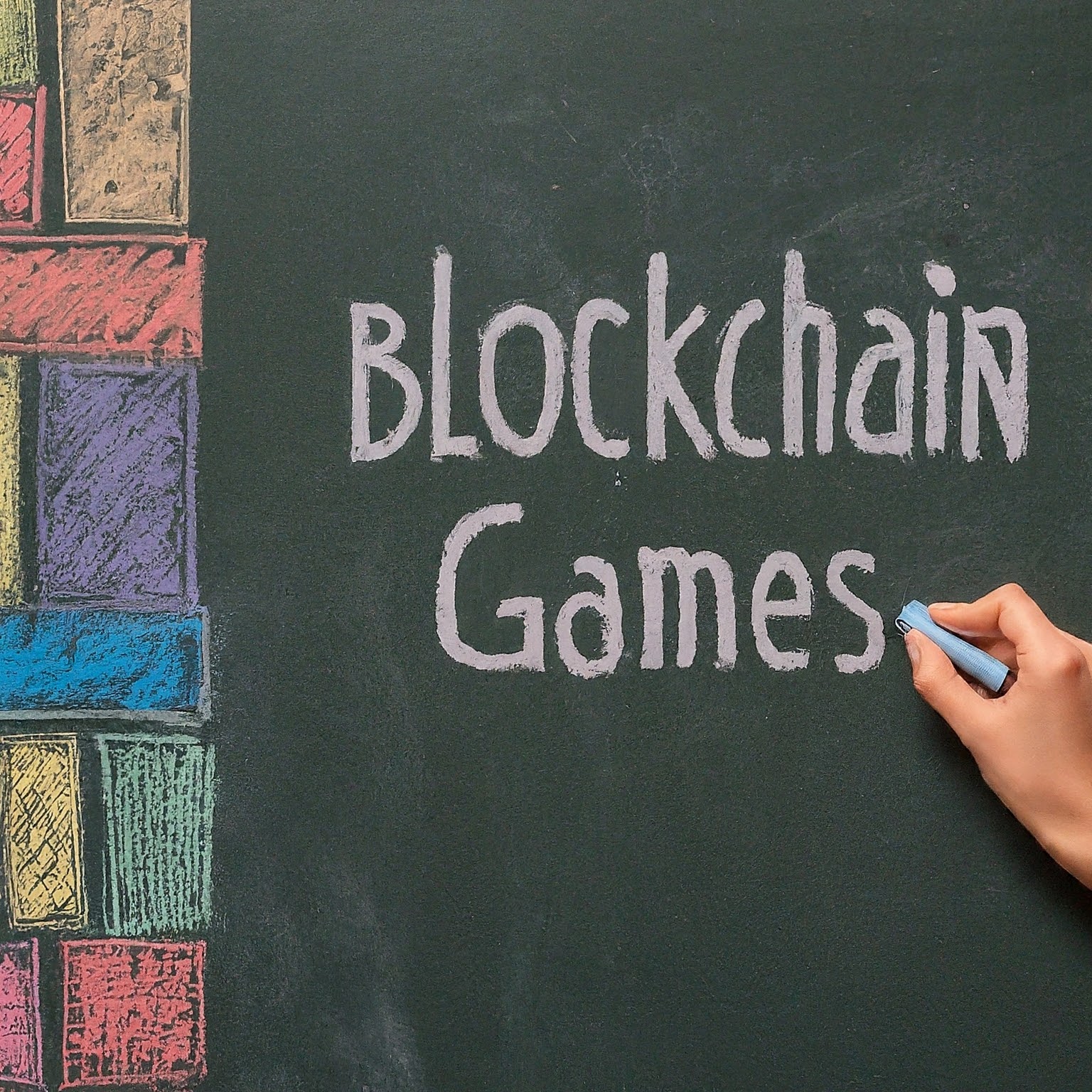
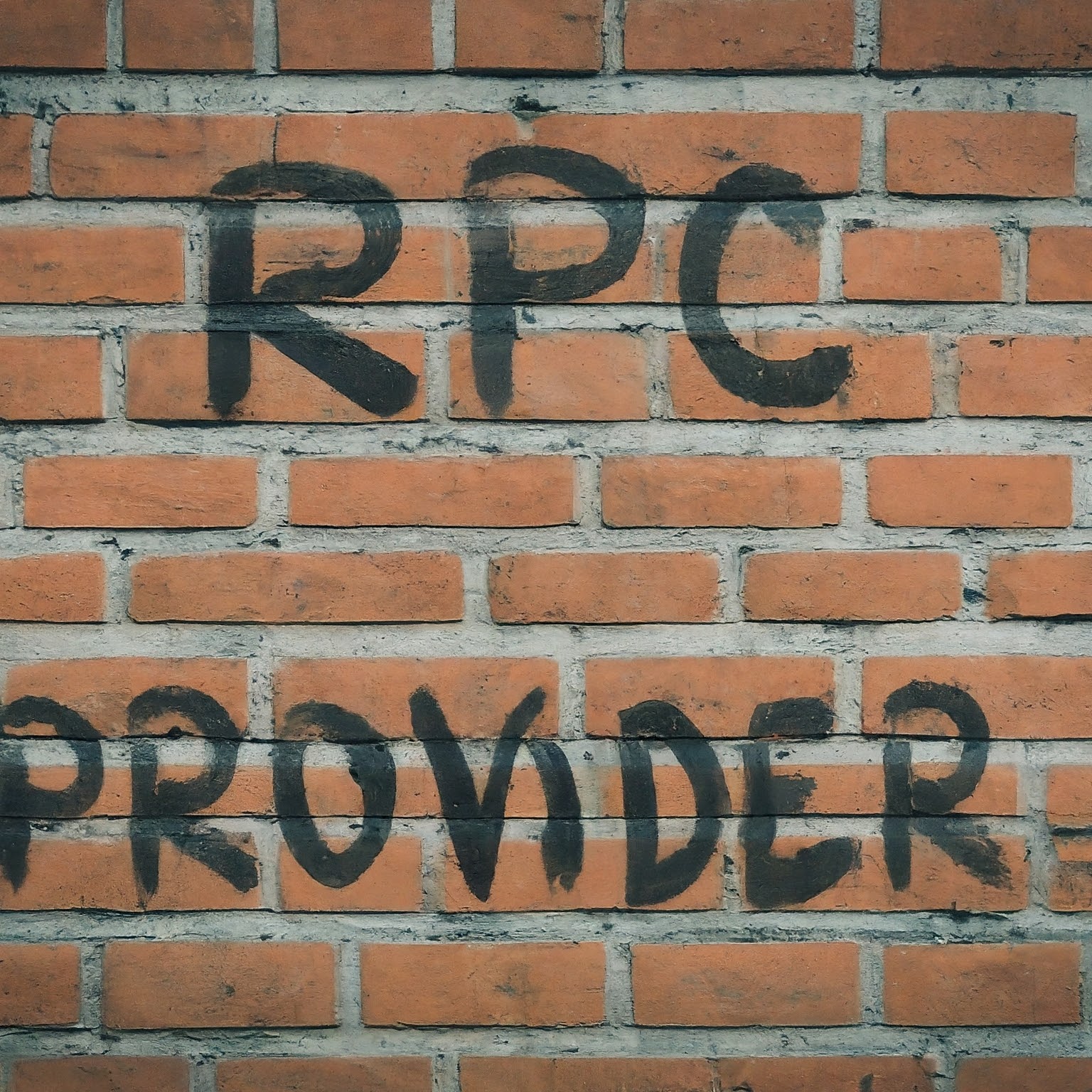
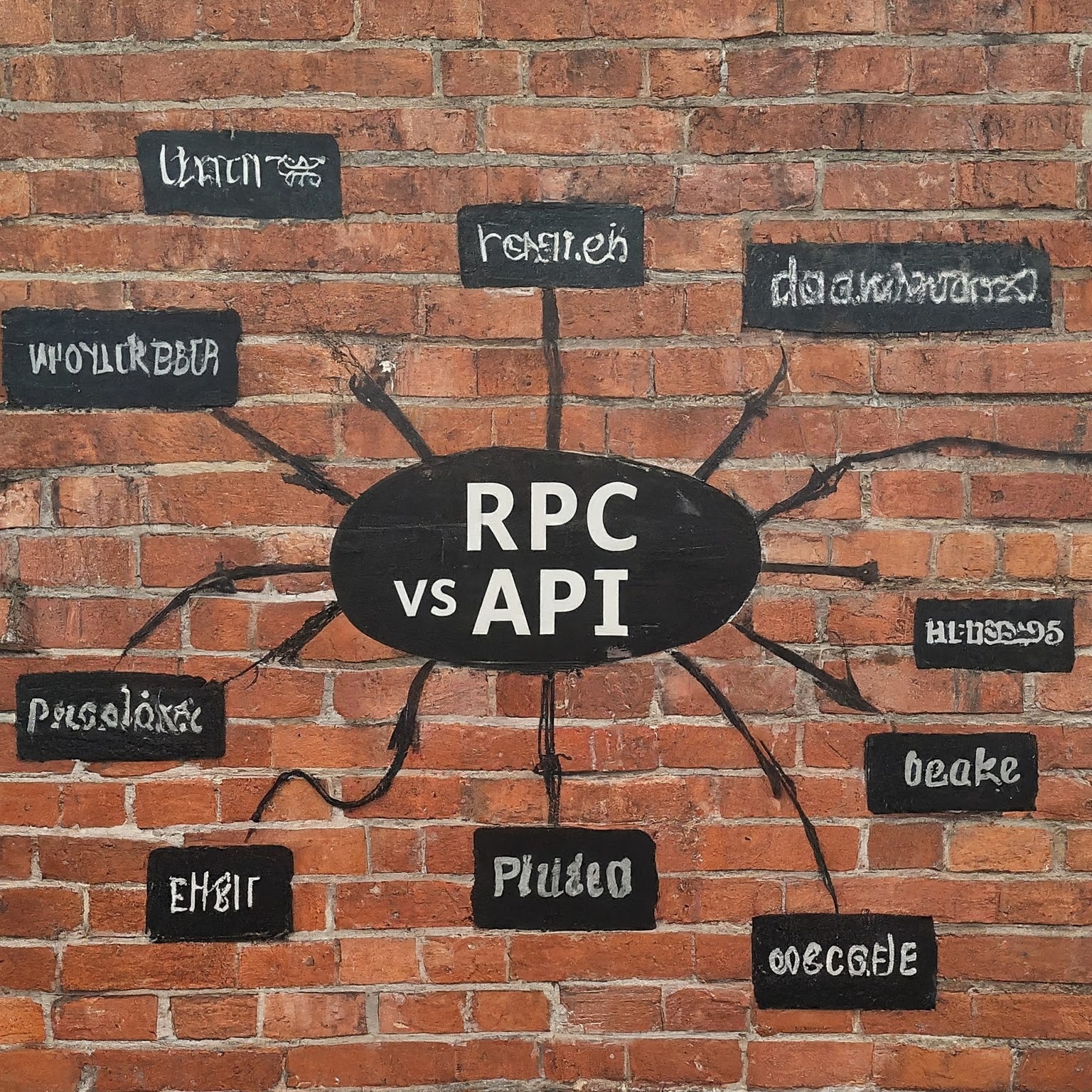
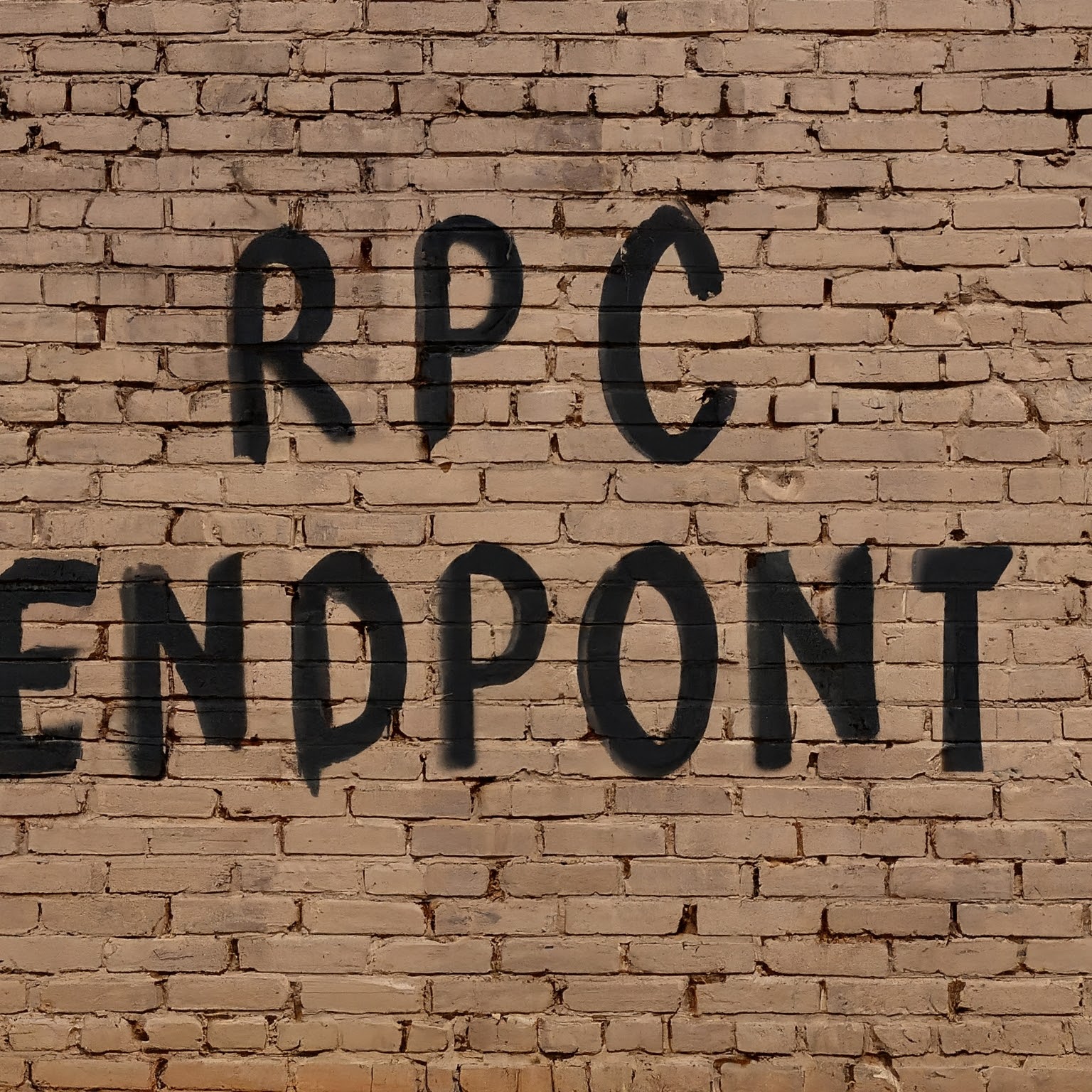
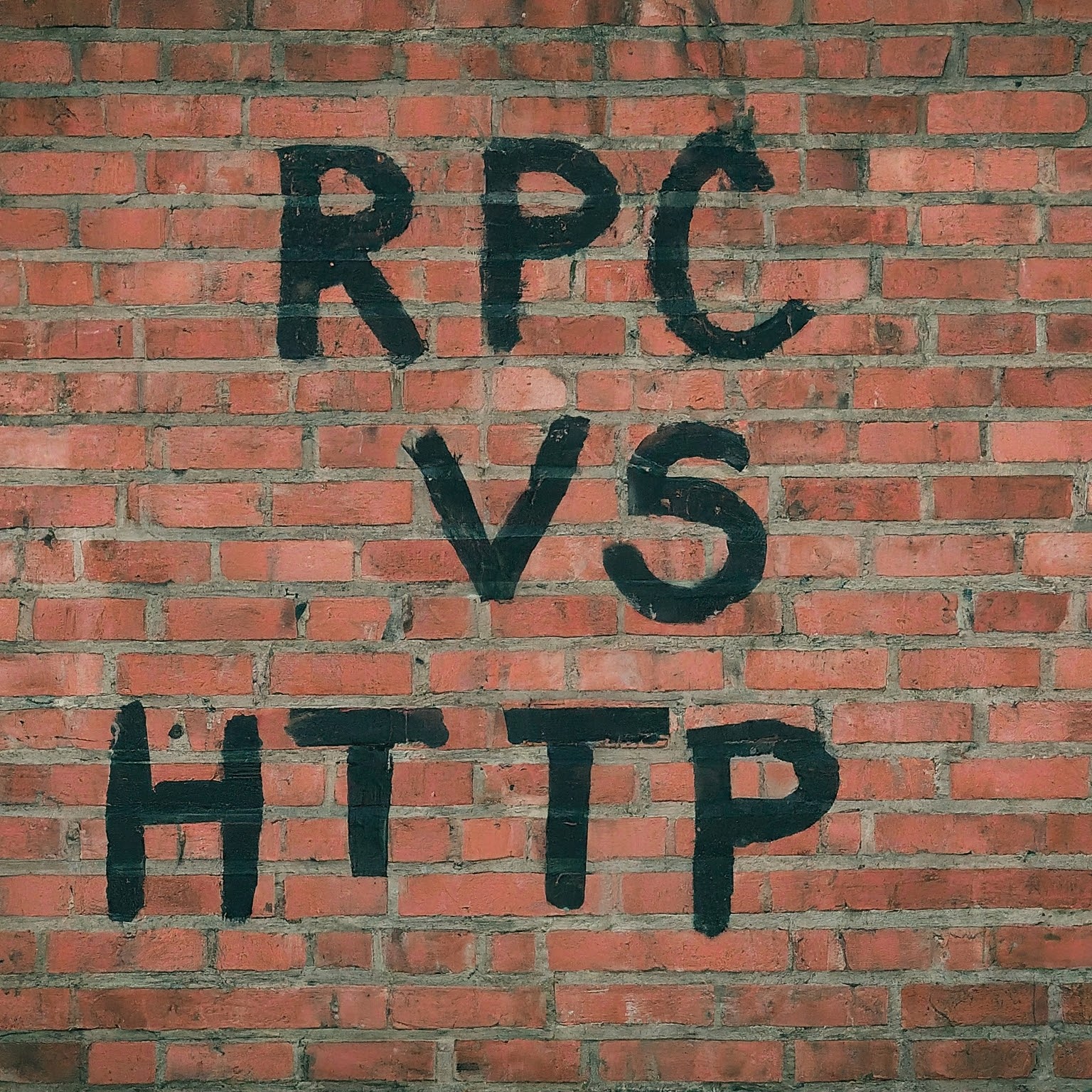
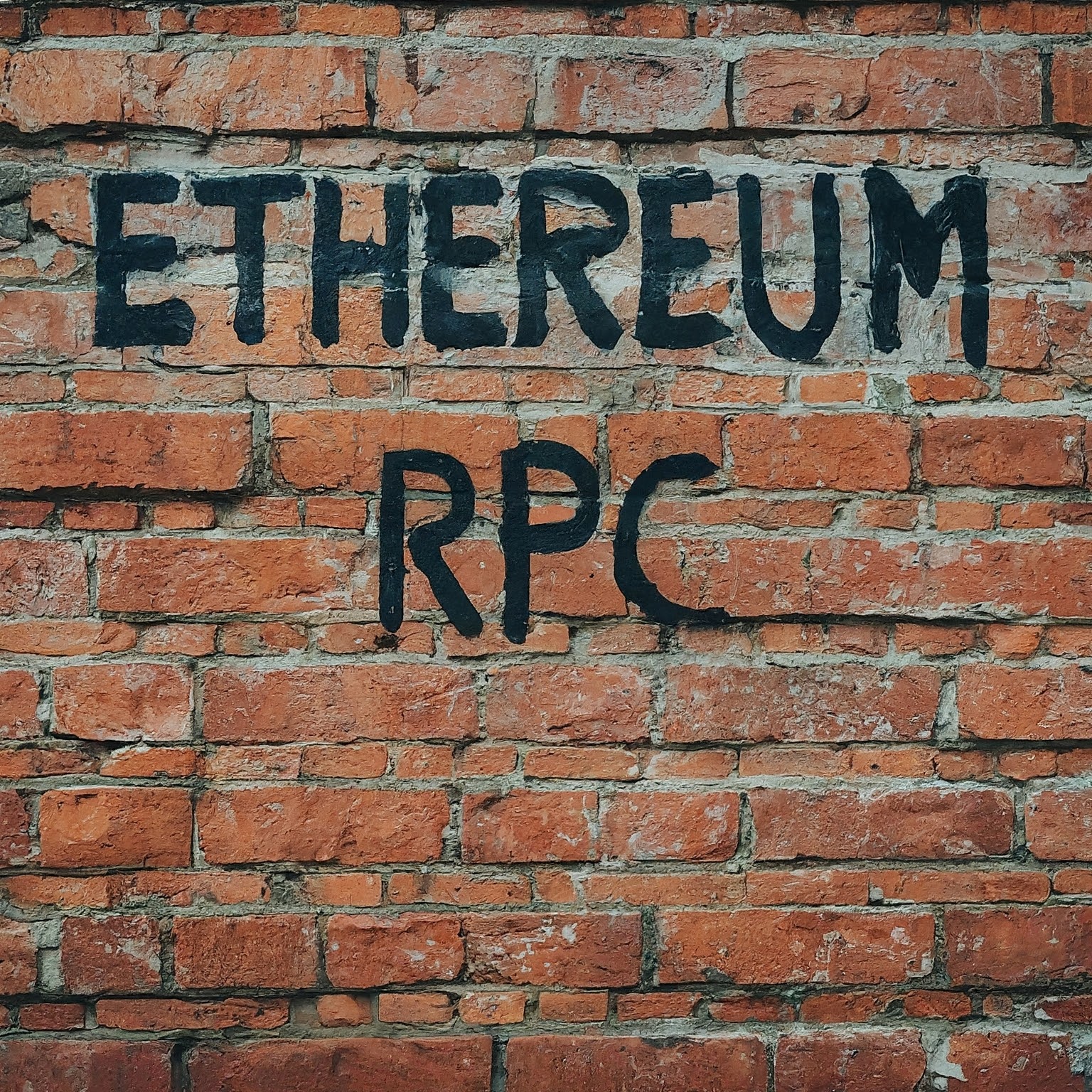
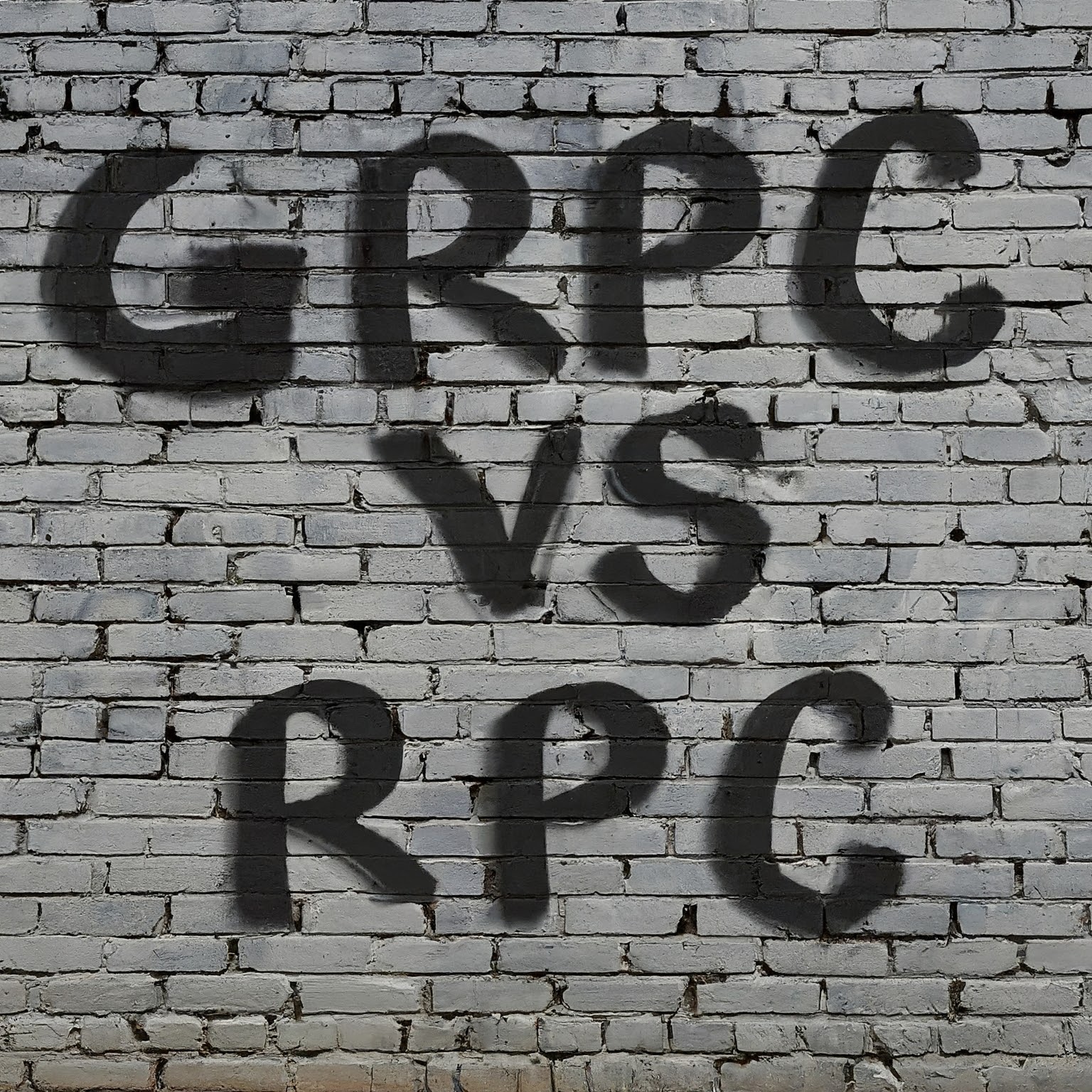
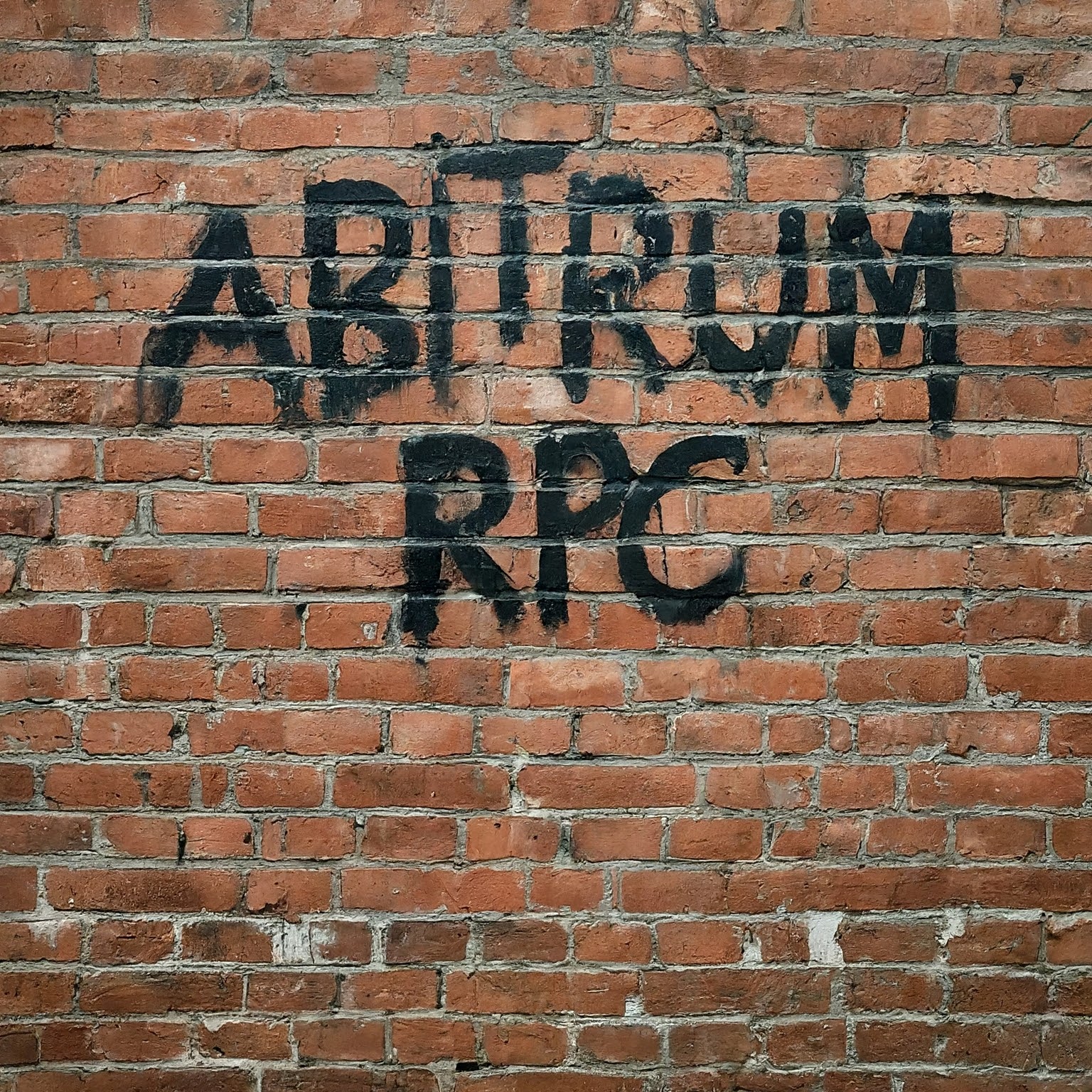
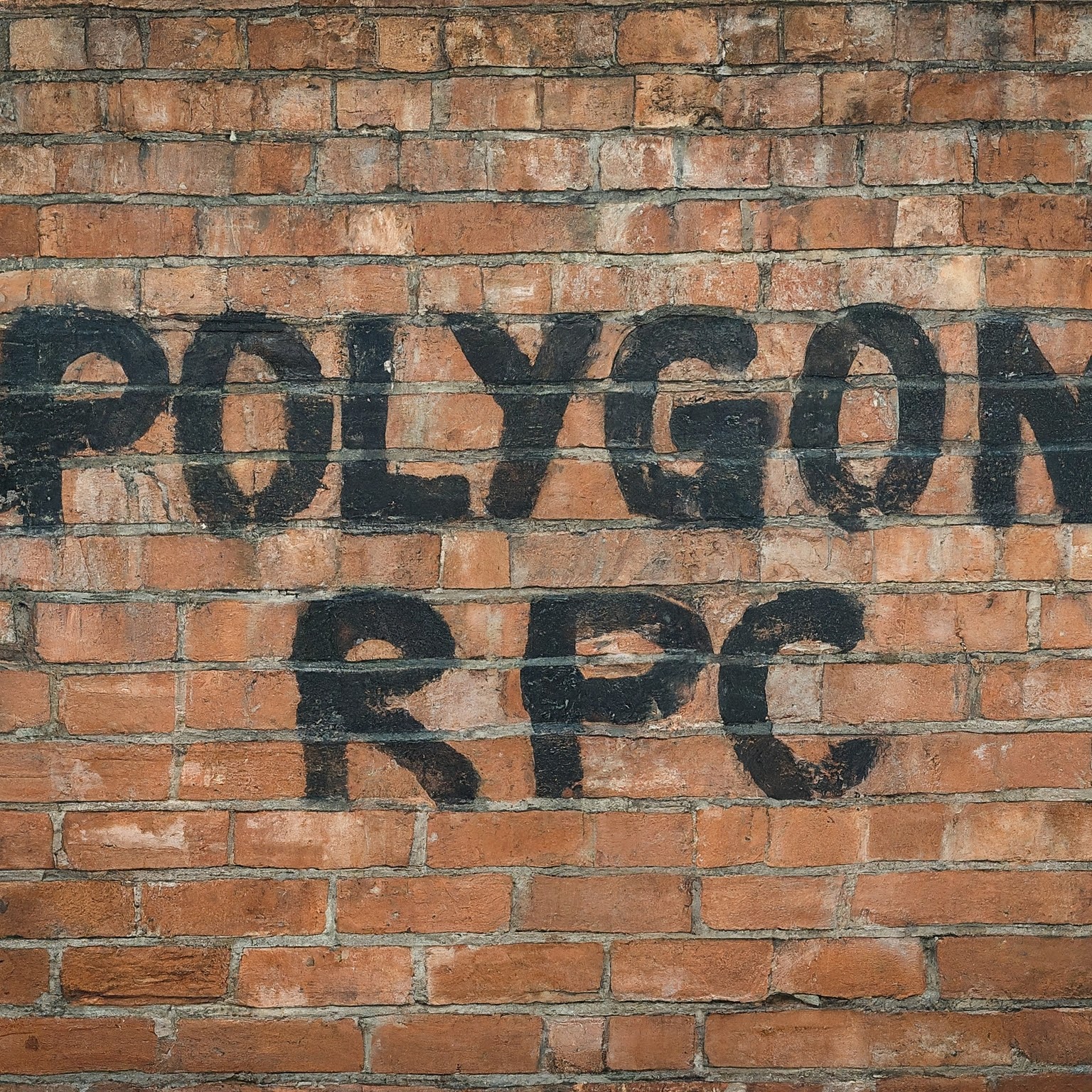
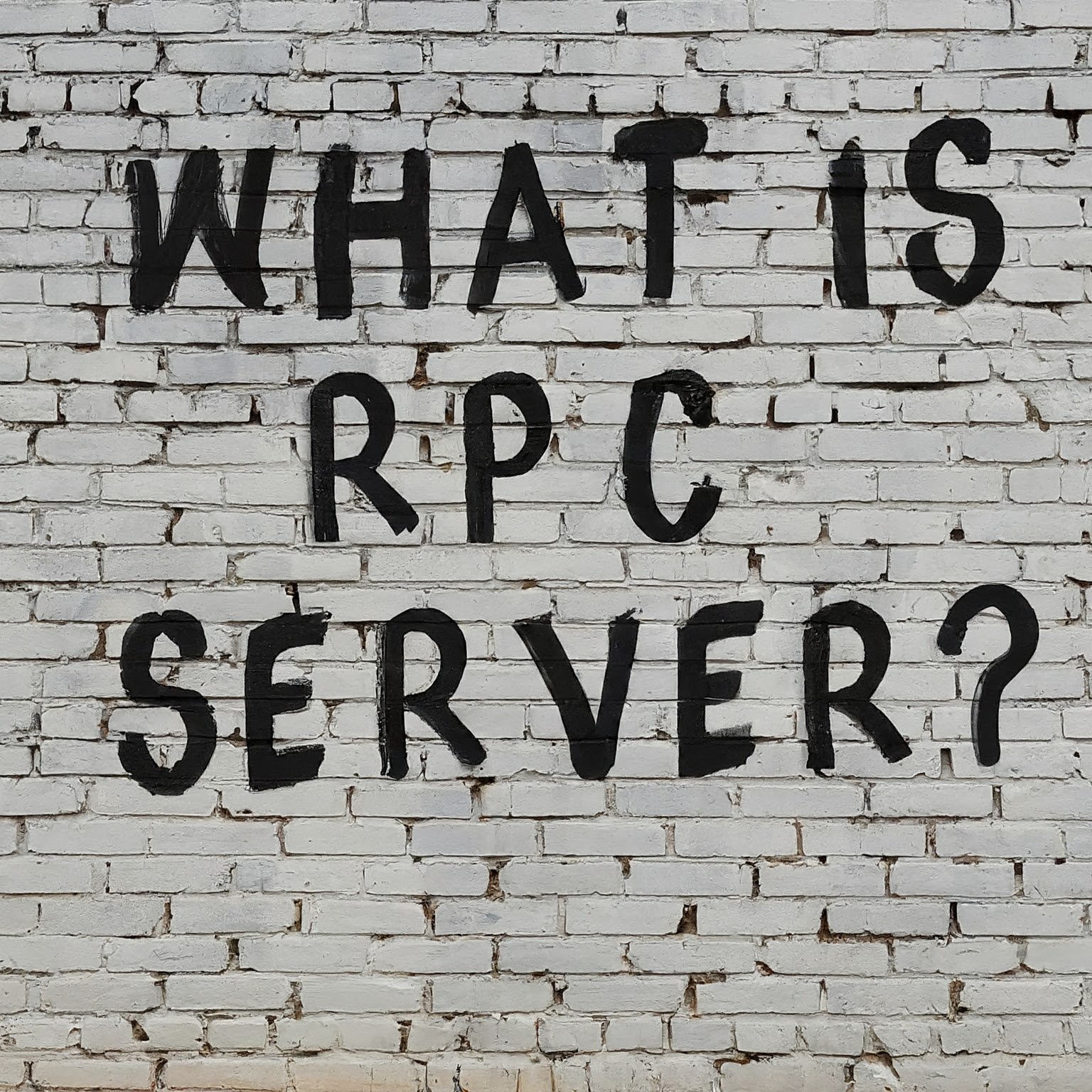
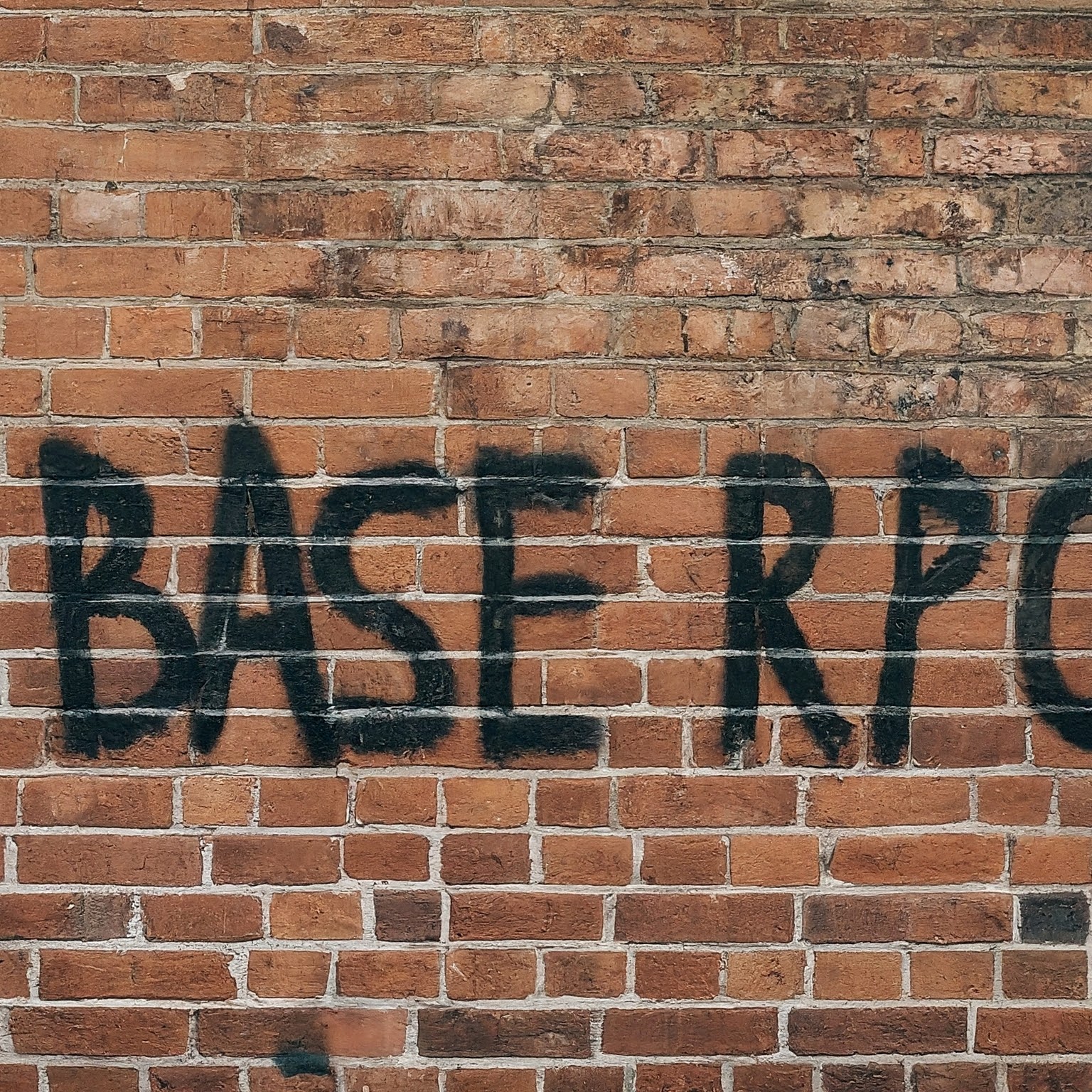
Leave a Reply
You must be logged in to post a comment.